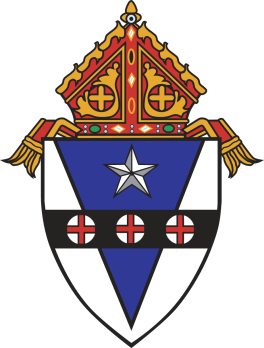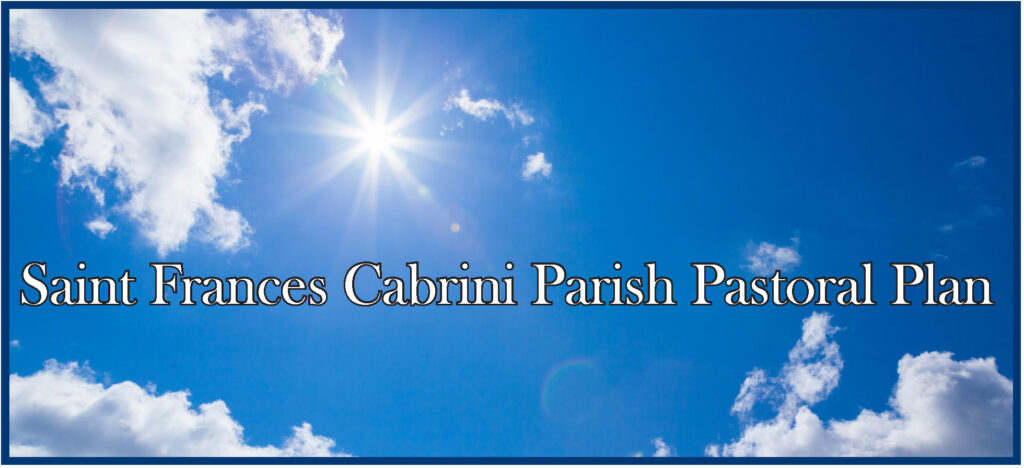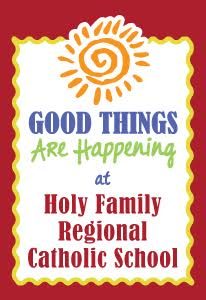Join us for The Little Church Open House Sunday 10/28, after 9:00 and 11:00 Mass
Little Church flyer (002)Little Church is a child care program where children ages 2-5 learn about God while their families attend Mass. The program is available every week during the 11:00 Sunday Mass. Little Church is located on the second floor of the Parish Center. Parents (or grandparents) simply drop off the children on their way to Church. The Little Church Open House is this Sunday, October 28, after the 9:00 Mass and 11:00 Mass.
VOLUNTEERS NEEDED FOR LITTLE CHURCH
Would you spend 90 minutes one Sunday per month to serve God by helping our Little Church? Help is needed during the 11:00 AM Sunday Mass in the Parish Center-upstairs from 11:00 AM to 12:30 PM. Teens and adults, men and women, please consider serving the youngest of our Parish! See Jean Madden or call 215-946-1115 OR stop by the Little Church room before or after the 11:00 a.m. Mass. Stay awhile and see what the children are doing!









